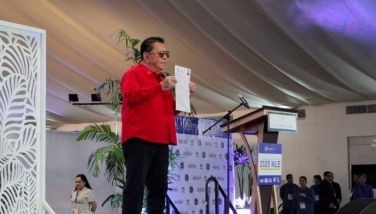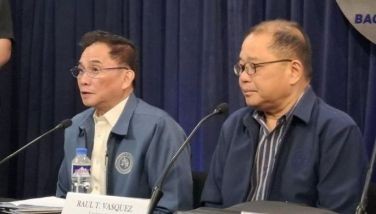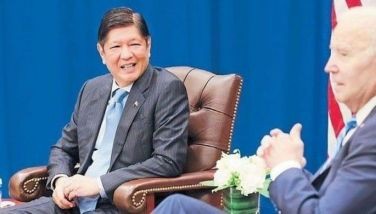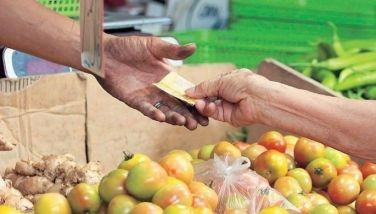Children in RP's poorest 20 percent receive less education
Children in the poorest 20 percent in the Philippines receive five years less education than children from the wealthiest families, according to a latest report of the UN Educational, Scientific and Cultural Organization (UNESCO).
The UNESCO Education for All Global Monitoring Report said the children in the poorest 20 percent in the country are among the millions of children around the world who are denied opportunities to go to school, condemning them to a life of poverty.
UNESCO blamed governments and international aid donors for not taking on the task of reducing global inequalities in education.
The report warned that a “wide gulf” in educational opportunity separating rich and poor countries seriously threatens global efforts aimed at achieving the internationally agreed target of universal primary education by 2015.
“A combination of political indifference, weak domestic policies and the failure of aid donors to act on commitments is to blame for the failure developing countries are facing in educating their young,” the report said.
The report noted that one in three children in developing countries, or around 193 million in total, reaches primary school age with impaired brain development and educational prospects due to malnutrition.
Some 75 million children, including almost one-third of sub-Saharan children of primary school age, are not in school, compared to over a third of children in rich countries completing university, the report said.
Children in the poorest 20 percent of countries, such as Ethiopia, Mali and Niger, are three times less likely to be in primary school as children from the wealthiest 20 percent.
In Peru and the Philippines, children in the poorest 20 percent receive five years less education than children from the wealthiest families.
- Latest
- Trending

































